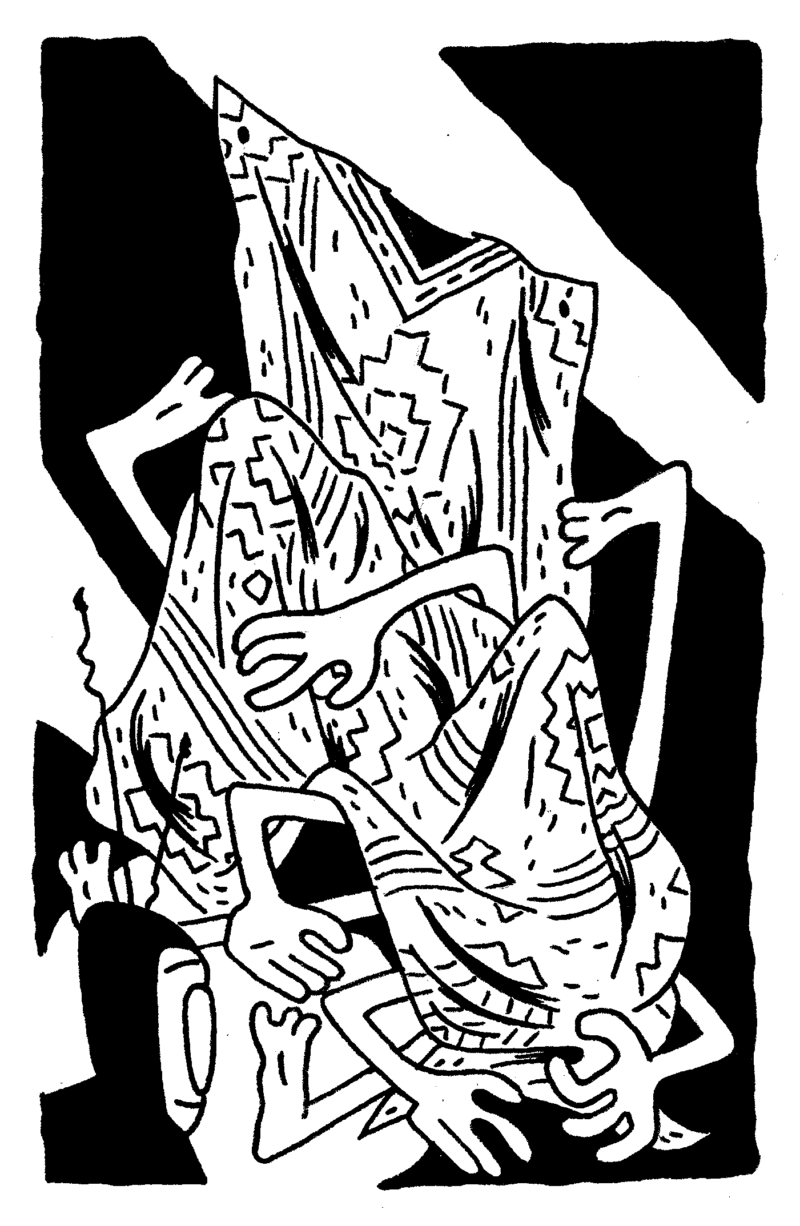I can’t know if I’ll ever see her again—the woman who loved my father, with varying degrees of artfulness and proficiency, for two and a half years. Before this, she’d done many other more notable, more extravagant things with her life: starring in one of Colombia’s most famous telenovelas, taking Gabriel García Márquez to the movies during one of his storied visits to New York City, remarkable things, which she revealed to us hesitantly, but with trace amounts of intention. We existed well together, at the edges of each other’s lives, loving one person in common, content to be mutually and eternally peripheral. Then, at the beginning of the pandemic, my father called things off. I imagine he broke her heart, delicately, but in the end, predictably, though I can’t know, really, if that’s true. If I did see her again, I’d be happy, eager for another moment in her brazen company—though I think it would also feel erroneous, as if the ultimate smallness of the world had somehow betrayed us.
“Maybe there’s a word to designate the opposite of mourning, what we feel not after someone dies but when they reappear; what we feel when we suddenly recover someone who had been absent even from our dreams. Words like rebirth or resurrection are so inadequate… the opposite of mourning co-exists with mourning, it’s something like an elegiac joy.” I read these sentences recently, in Alejandro Zambra’s new book, Chilean Poet. They made me think of my father’s former lover, the contradictory feelings that our reunion would, without a doubt, summon. They are sentences, like so many of Zambra’s best ones, that seem to have gracefully befriended confoundment, lines that have made some small, significant breach in the partition between what we can and can’t know. “Maybe there’s a word,” Zambra writes, offering that, just as likely, there is not. It is this latest book, perhaps even more than his other work—ten books in total, spanning fiction, nonfiction, and poetry—that commits itself to a study of our communicative inadequacies: the rituals and social performances that keep us from confronting one another, the masks we fashion together and supply most readily to those we claim to love the most, our various and uniquely human corrosions of truth.
Zambra is one of Latin America’s most celebrated contemporary writers, and one of the few current Latin American...
You have reached your article limit
Sign up for a digital subscription and continue reading all new issues, plus our entire archives, for just $1.50/month.
Already a subscriber? Sign in





